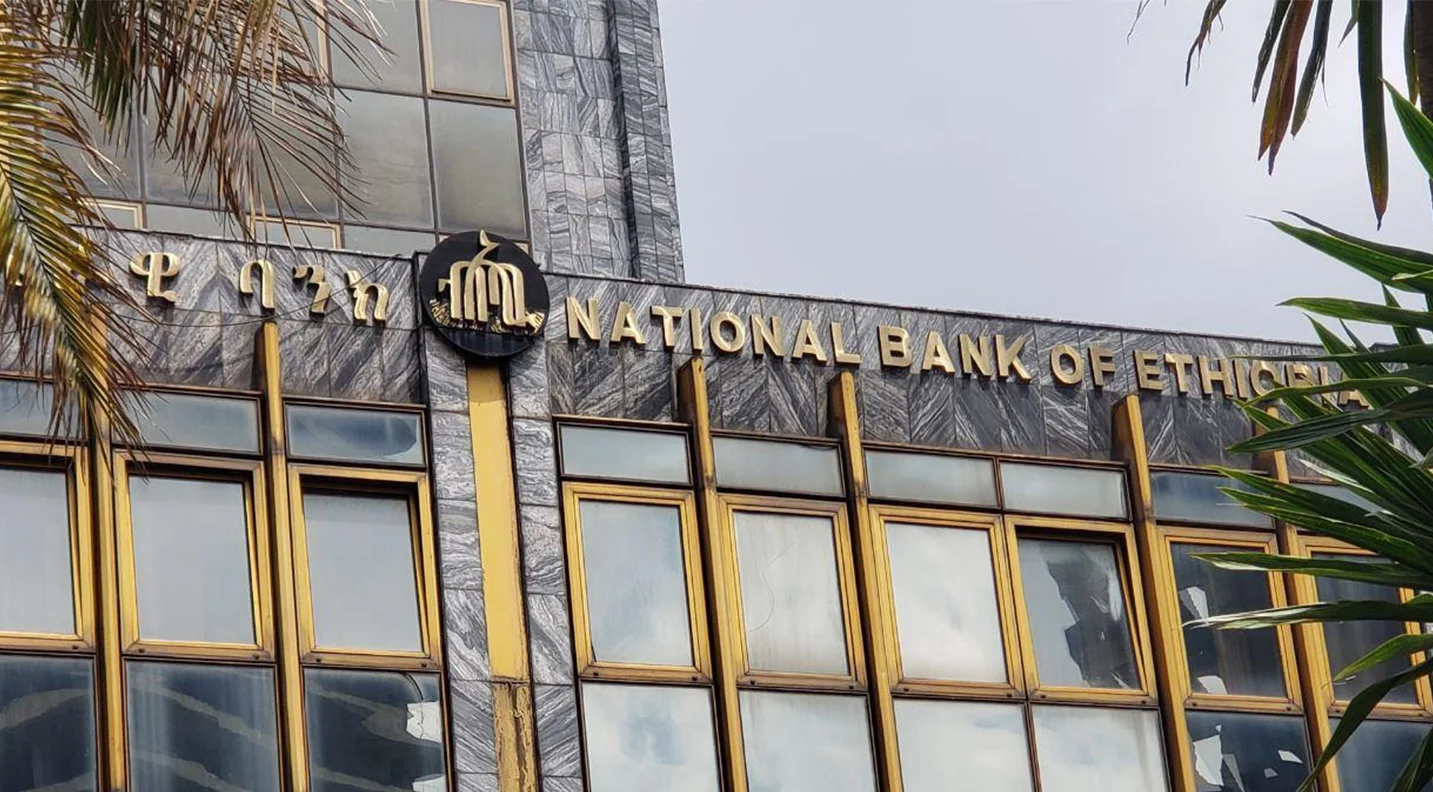Ethiopia’s parliament on Tuesday passed a new law which officially opens the nation’s banking sector to foreign investments for the first time to boost economic growth, encourage innovation, and increase competitiveness.
The new legislation titled “Banking Business Proclamation” marks a historic step towards banking sector liberalisation and a turning point for one of Africa’s biggest but most isolated economies.
The press statement released by the National Bank of Ethiopia on Tuesday stated that the new legislation will “provide a legal framework that would allow opening of the banking sector for foreign investment, enabling foreign banks and investors to contribute to the economic development of the country.”
Read also: Ethiopian manufacturing gets digital boost with new marketing platform
The declaration, which follows years of debate, presents a methodically regulated strategy for banking market opening that strikes a balance between safeguards for local ownership and stability and the requirement for foreign investment and experience.
Prime Minister Abiy Ahmed’s government’s larger economic reform plan aligns with the decision, as Ethiopia aims to modernise its banking institutions, draw in international investment, and set itself up for World Trade Organisation (WTO) membership.
Shift from decades of Ethiopia’s protectionist policies
The opening of Ethiopia’s banking industry shows the government’s will to modernise the economy and draw in foreign investment, marking a dramatic shift from decades of protectionist policies.
For Ethiopia’s expanding fintech industry, which has long struggled to obtain foreign cash and capital, the announcement of international bank entry comes at a crucial time.
Foreigners were initially permitted to invest in Ethiopian payment system operators by the 2023 National Payment System (Amendment) Proclamation. This created opportunities for collaboration and innovation within the ecosystem of financial technology. By allowing foreign banks with local operations to facilitate capital flows and addressing long-standing foreign exchange constraints that have impeded fintech expansion, the new banking law builds on this momentum.
Advantages of the Ethiopia’s Banking Business Proclamation
More access to foreign funding will help startups, especially as they work to reach the National Bank’s 50 million birr (about $869,000) minimum capital requirements.
Experts in the field predict that international investors would boost competition, spur innovation, and improve banking services in Ethiopia’s financial industry.
The reform will also offers Ethiopia’s fintech industry a chance to increase their technological capabilities, establish new alliances, and obtain funding.
By collaborating with well-established banks and utilising their technical solutions to enhance financial inclusion and service underserved areas including small and medium-sized businesses (SMEs), cooperatives, and agriculture, fintech companies are anticipated to play a crucial role.
“Following the amendment of the proclamation, the ecosystem will be opened, which means highly experienced foreign companies will enter into the Ethiopian [financial] system,” said Solomon Damtew, the former acting director of Ethiopia’s payments and settlement systems directorate.
The new law will allow Ethiopian banks to establish subsidiaries, including specialised banks for industries including microbusinesses, export/import, and mortgage lending.
Ethiopia’s aspirations to join the World Trade Organisation are directly linked to its determination to liberalise its banking industry.
Key member countries, such as the U.S. and Canada, have demanded that the country open its financial markets during the more than 20-year-long accession negotiations. Ethiopia hopes to resolve one of the main concerns brought up during WTO accession talks by easing some of the restrictions on foreign participation. Negotiations are anticipated to go more quickly as a result of the action, which also sends a message to foreign investors that Ethiopia is prepared to join the global economy.
Read also: Ecobank partners TransferTo to enhance digital payments in Africa following Nium partnership
New law to balance the protection of local industry and attract foreign investments
The government has put protections in place to guarantee that local ownership stays substantial even while the proclamation welcomes foreign investment.
Ethiopia’s cautious approach is reflected in the 49% aggregate cap on foreign shareholding, which strikes a balance between the need to preserve domestic control and the advantages of international competition and experience.
The approach used by the Ethiopian government is consistent with a larger pattern in African markets, where nations are gradually opening up their banking industries to draw in foreign investment while maintaining regulatory control and safeguarding domestic firms.
An important turning point in Ethiopia’s economic reform plan has been reached with the country’s decision to open its banking industry to foreign investors. To modernise its financial system, promote innovation, and propel sustainable growth, the government intends to welcome foreign banks and investors while upholding local safeguards.
All eyes are fastened on international bank participants as they negotiate Ethiopia’s developing financial landscape and support the nation’s economic goals.
















